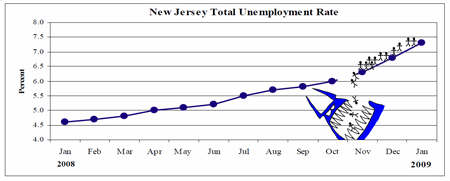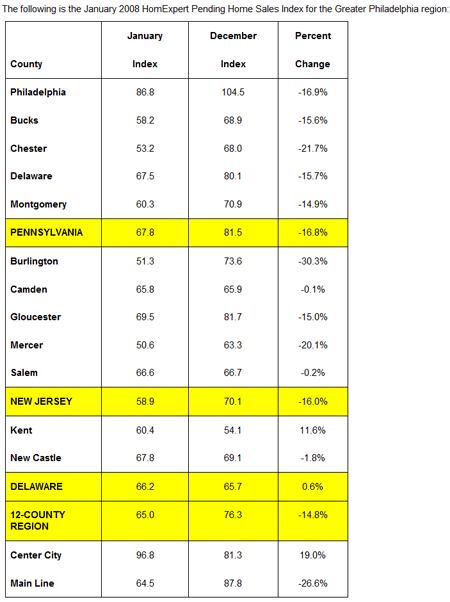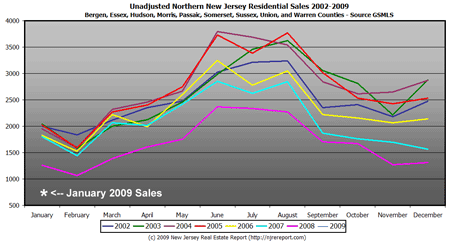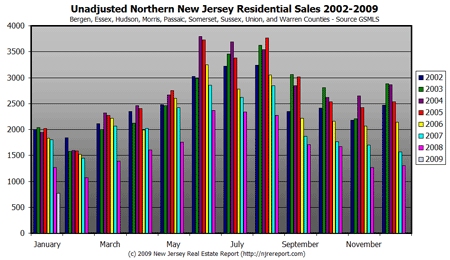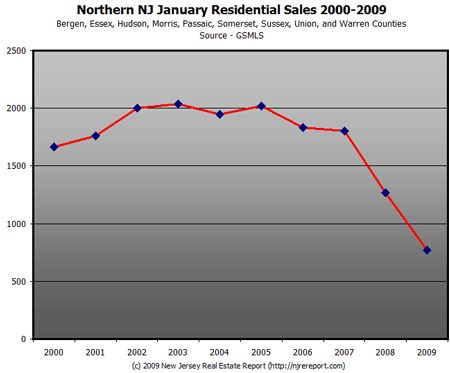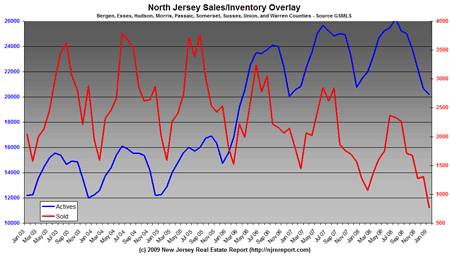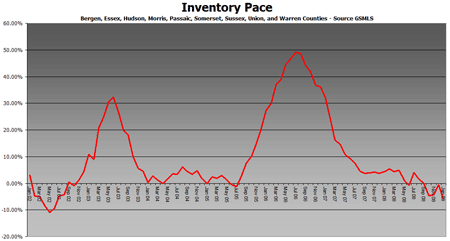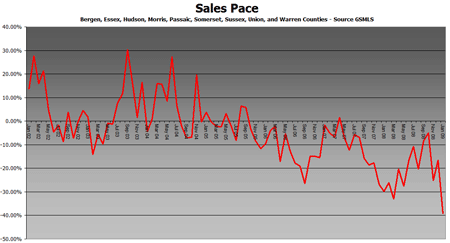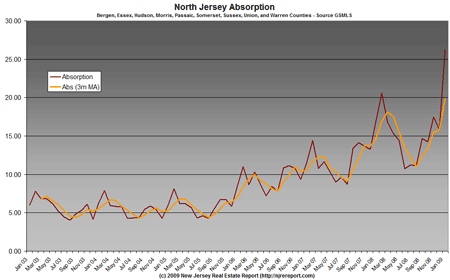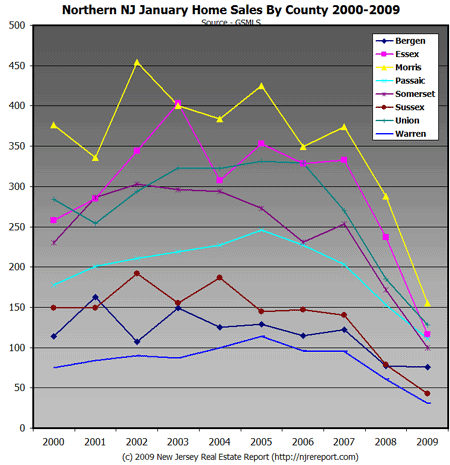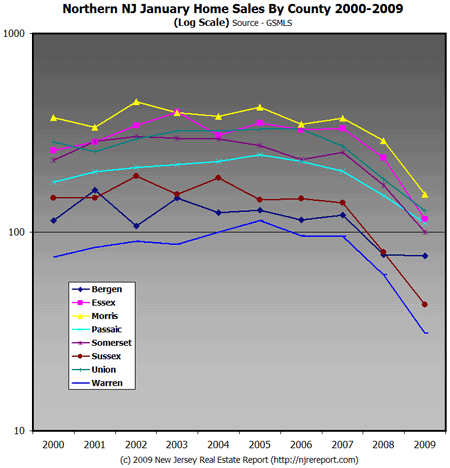From Bloomberg:
Foreclosure Filings in U.S. Jump 30%, Thwart Prevention Effort
Foreclosure filings in the U.S. climbed 30 percent in February from a year earlier as the worsening economy thwarted efforts by the government and lenders to prevent homeowners from losing property, RealtyTrac Inc. said.
A total of 290,631 homes received a default or auction notice or were seized by the lender, the Irvine, California-based seller of default data said in a statement today. It was the third-highest monthly total in RealtyTrac records dating to 2005. February filings increased 6 percent from January.
“More people have lost their incomes or are underwater on their mortgages, so a new housing plan won’t change those facts by itself,” Barry Eichengreen, professor of economics at the University of California, Berkeley, said in an interview.
…
Some of the top U.S. lenders own as many as 700,000 foreclosed homes they have yet to offer for sale, said Rick Sharga, executive vice president for marketing for RealtyTrac.The banks may be waiting to see how U.S. government plans develop before selling the properties, Sharga said. The lenders and government-owned Fannie Mae and Freddie Mac, the two biggest U.S. mortgage financing companies, have already extended temporary foreclosure moratoriums.
The combined percentage of loans in foreclosure or at least one payment past due in the fourth quarter was 11.18 percent, the highest on record, according to the Mortgage Bankers Association in Washington. The percentage of loans 60 days past due and 90 days or more late also were at record levels.
“Many elements are lined up to suggest we’ll have more foreclosure activity in the future, maybe an all-time high,” Sharga said.
…
Arizona ranked third in filings with 18,119, up 88 percent from February 2008.New York had the 35th highest rate and 4,301 filings. New Jersey ranked 29th and had 3,279 filings. Connecticut was 14th with 2,220 filings, RealtyTrac said.
Las Vegas had the highest foreclosure rate among metropolitan areas with populations of 200,000 or more. One in 60 housing units there received a filing, more than seven times the national average.

